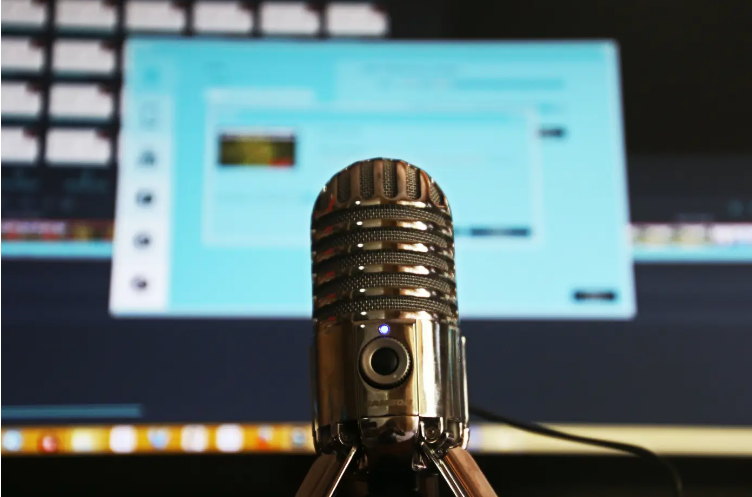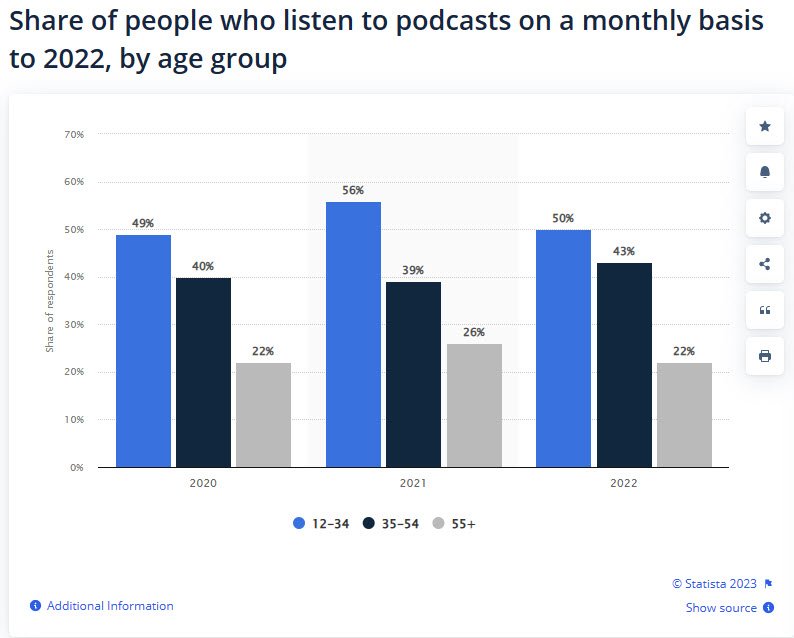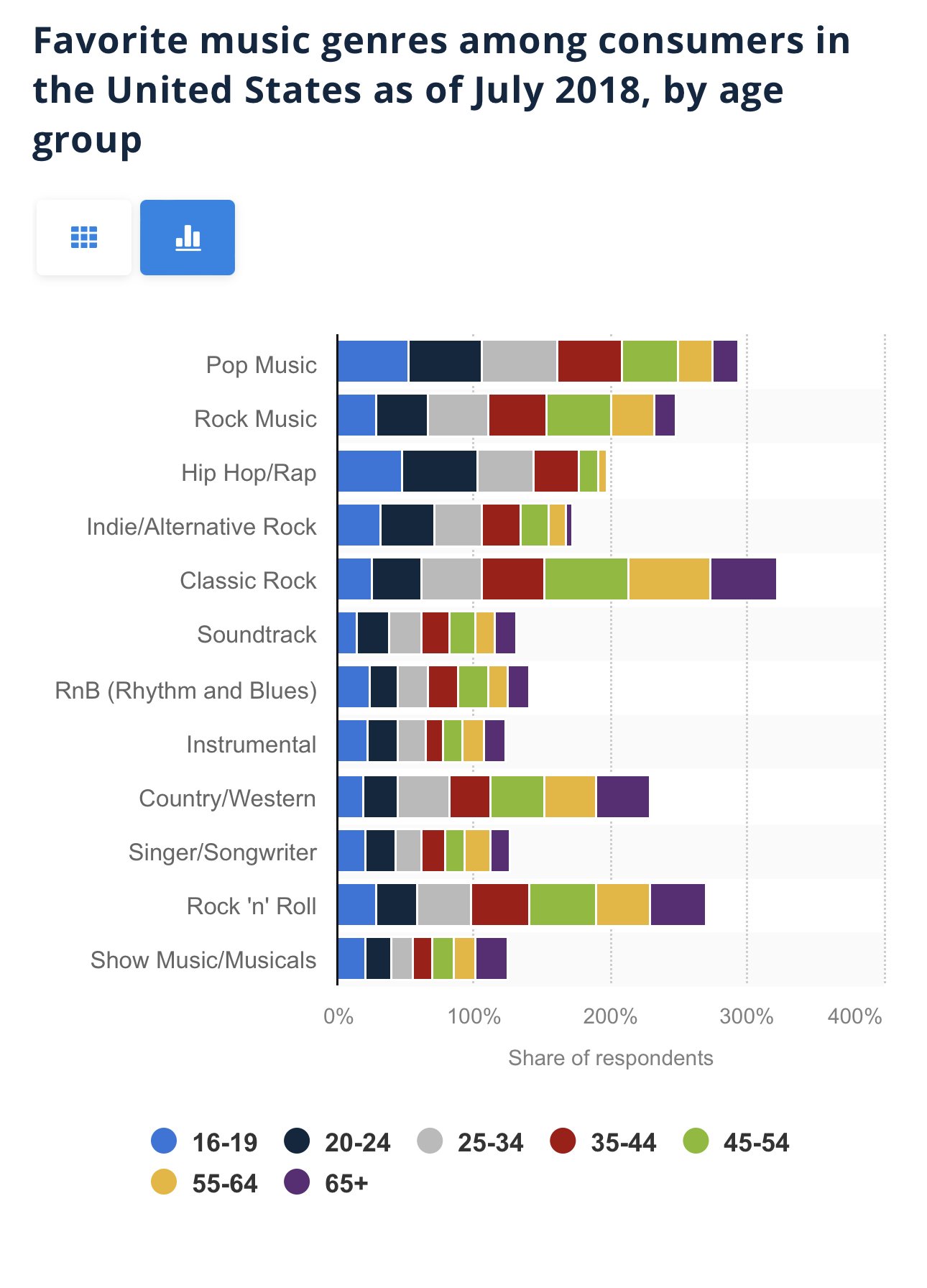Each week, the record label industry releases new music to radio and the world.
Pundits in the radio and record business recommend which of these new songs might be added to radio station playlists for the coming week.
Bridge Ratings’ STREAMSTATS on-demand music streaming data reflects music consumption by radio’s core listeners. And now with added AI technology, forecasting new song hit potential (top 20 in consumption) has become a much more effective excercise.
Following are a sample of recent new music recommendations and our STREAMSTATS stamp of approval.
07.28.23
MAINSTREAM TOP 40
YES - K-POP - Travis Scott
NO - Promises - Calvin Harris & Sam Smith
YES - What Am I Made For - Billie Eilish
NO - Padam Padum - Kylie Minogue
Rhythmic Top 40
NO - Millions - BIA
NO - Too Fast - Jay Rock f/Anderson .Paak & Latto
NO - Summer Vibes - Tyla Yaweh
NO - Talibans - Byron Messia
Alternative Rock
YES - Under You - Foo Fighters
NO - Childhood Eyes - Yellowcard
YES - Pull Me Through - Royal Blood
YES -Summer of Love - Portugal.The Man
NO - Down Here Waiting - Blue October
Country
NO - Save Me The Trouble - Dan + Shay
NO - Glory Days - Gabby Barrett
NO - See You Next Summer - Brian Kelly
YES - Thinkin’ Bout Me - Morgan Wallen
Mainstream Hip-Hop/R&B
NO - Lick Or Sum - Glorilla
YES - Oh U Went - Young Thug
YES - Endless Fashion - Lil Uzi Vert
Among this group of 20 select new releases, 8 have the greatest potential for top 20 (40%) consumption.
More next week.






